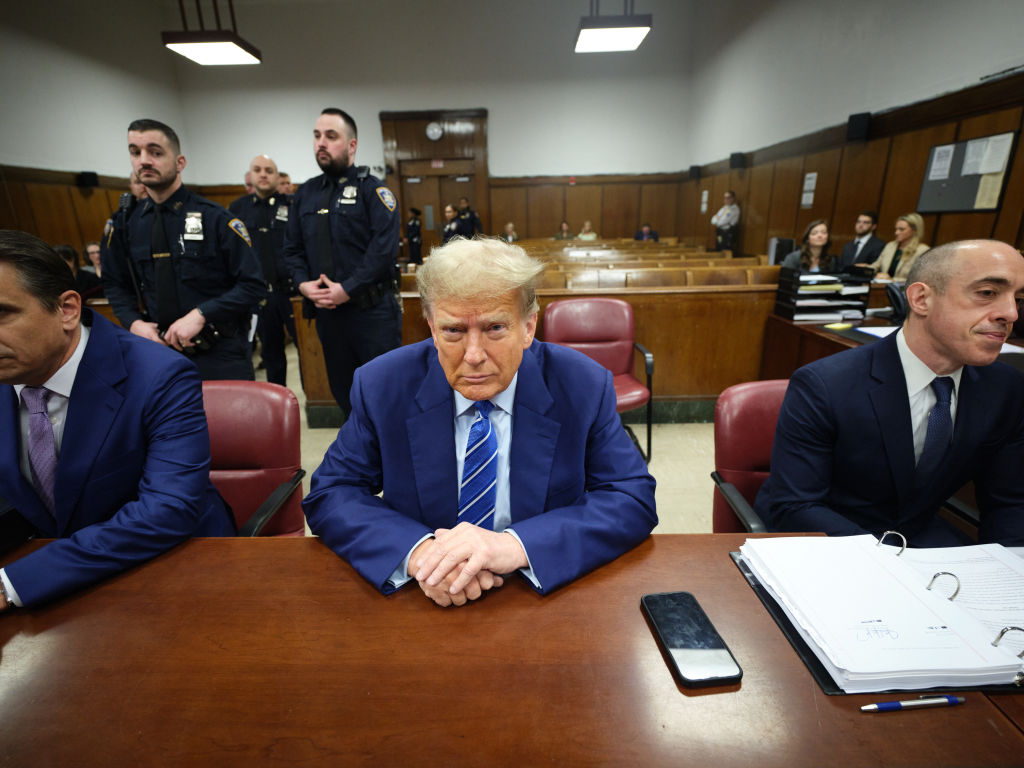House lawmakers may vote themselves out a raise in 2011, but the year after might be a different story.
Much depends on the state of the economy after two years of President Barack Obama's stewardship and how voters in this year's elections judge Congress' performance, according to the AP.
In the meantime, congressional members are also at odds over how to handle their pay after next year, The Hill reports.
Reps. Ron Paul (R-Texas) and Harry Mitchell (D-Ariz.) want member salaries frozen only in 2011, while Rep. Nathan Deal (R-Ga.) would cut lawmakers’ pay each year the government runs a deficit.
Rep. Darrell Issa (R-Calif.) wants to scrap the automatic cost-of-living system altogether and establish an independent commission to assess possible pay raises, which would then be subject to an up-or-down vote.
Congress began using the Employment Cost Index to give or deny itself cost-of-living pay increases in 1990. Since then, it has accepted raises nearly twice as much as it's rejected them, taking raises 13 times and rejecting them seven times.
Last February, it voted to freeze its pay for 2010, which saved taxpayers more than $1.4 million, according to The Hill.
Politics
Political news from the U.S. Capitol, White House and around Washington, D.C., Maryland and Virginia
Congress also voted to forgo its annual raise in 2007, but received a $4,100 increase in 2008, which came to more than $2.2 million total.
House members currently make $174,000 a year, with majority and minority leaders earning nearly $20,000 more -- at $193,400 each respectively, while the Speaker of the House pulls in a total of $223,500.
But some members of Congress say it shouldn't be about what each member makes or whether they accept a cost-of-living increase because it risks turning Congress into an exclusive club where only the wealthy can work.
“I didn’t come here for the paycheck — I literally give away my salary every year — but I’m an exception," Rep. Darrell Issa (R-Calif.) told The Hill. "Most members of Congress need their paycheck to send their kids to school, and that’s what’s unfair, to make it political.”
“If you pay too little, you will get either a low quality of legislator or a selection of people like myself who do not need the money,” he said.



